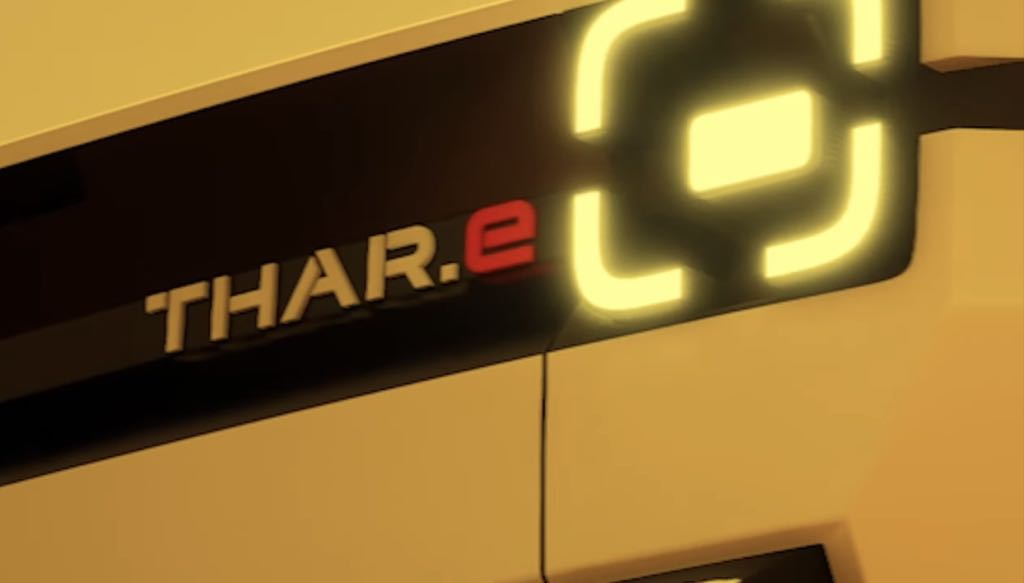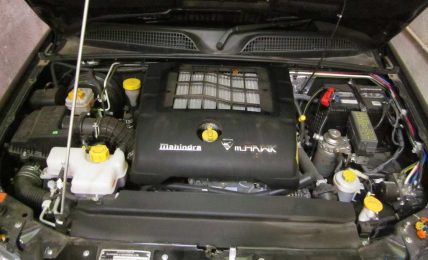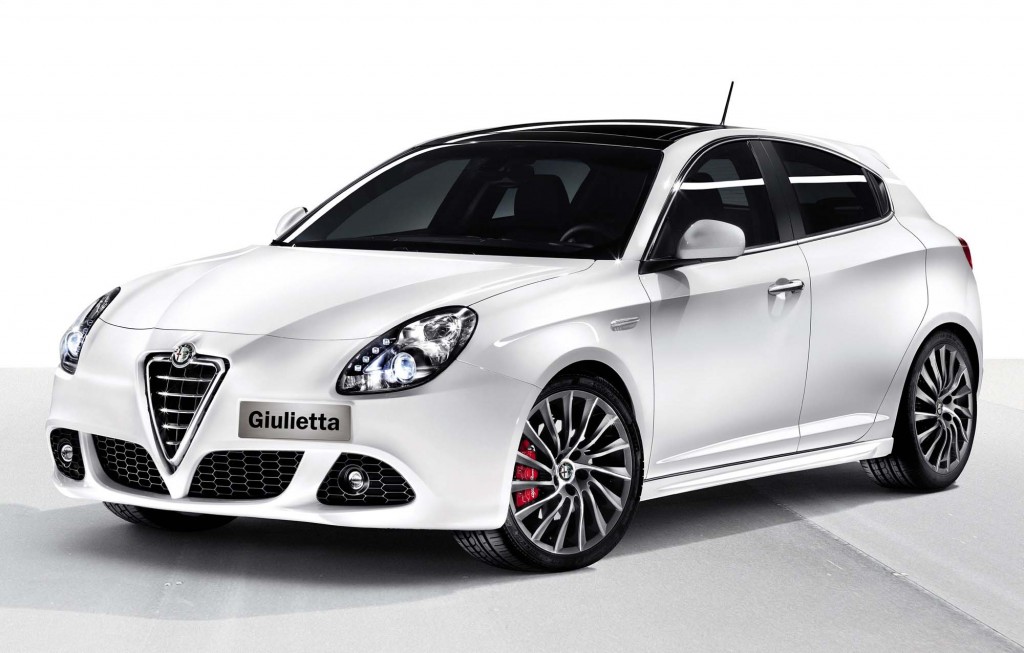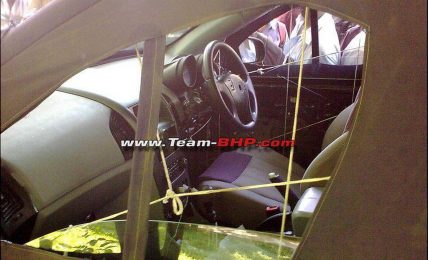
Mahindra battery suppliers finalised for upcoming EVs
Mahindra is shifting their strategy in its electric vehicle journey by collaborating with BYD, a Chinese EV manufacturer, to secure its supply base for critical battery cells. This move comes after delays in its initial partnership with Volkswagen for sourcing EV components like battery cells and electric motors for its upcoming INGLO-based SUVs.
Originally, Mahindra had tied up with VW to source essential components for its ambitious EV lineup. However, the partnership hit roadblocks due to intricate paperwork and compliance issues involving intellectual property rights (IPR) and legal matters.
The delays caused Mahindra to explore alternative battery suppliers to ensure a consistent supply base, a lesson learned from disruptions witnessed post-COVID-19.
One of the crucial challenges faced by Mahindra was procuring batteries for the XUV400. The Korean battery supplier LG Chem, which provided pouch cells with a Nickel-Manganese-Cobalt (NMC) 532 cathode, discontinued this chemistry, leading to a delayed launch for the XUV400.
Mahindra eventually secured a reliable battery source from Chinese battery maker Farasis, which produced cells with similar chemistry and construction to those from LG Chem.
Now with the BYD collaboration, Mahindra aims to strengthen its supply chain for its forthcoming electric models. BYD will supply battery cells with capacities of 60kWh and 80kWh, addressing the power needs of Mahindra’s Born Electric EV range.
These battery packs will feature Lithium Iron Phosphate (LFP) technology, offering improved energy density and thermal management. Mahindra’s earlier plan was to source the 60kWh battery pack from VW and the larger 80kWh pack from BYD. However, due to delays in VW’s next-generation “unified” cell technology, BYD will now supply both battery packs at launch.
BYD’s blade cell technology, known for its advantages in energy density and thermal management, will also be featured in Maruti’s upcoming YY8 model. Mahindra has committed substantial resources, with over Rs. 10,000 crores already invested in the EV business.




